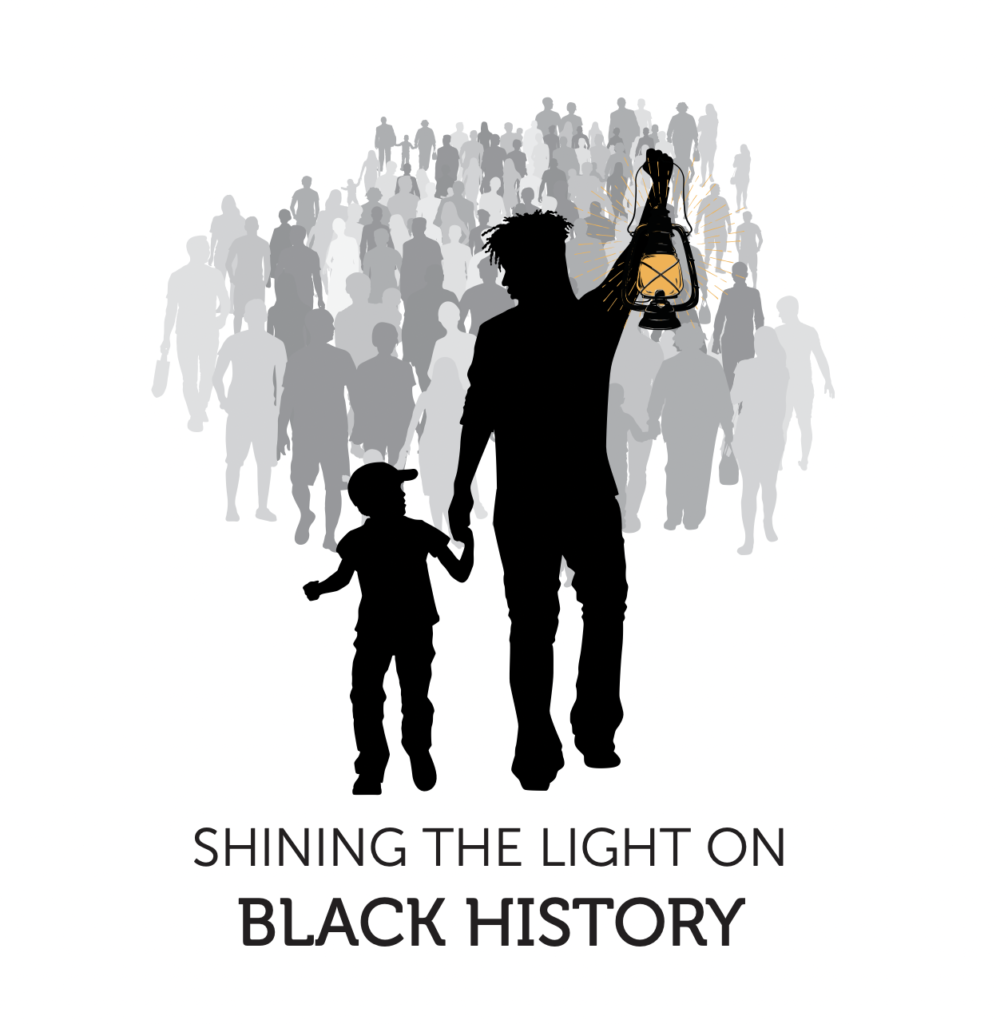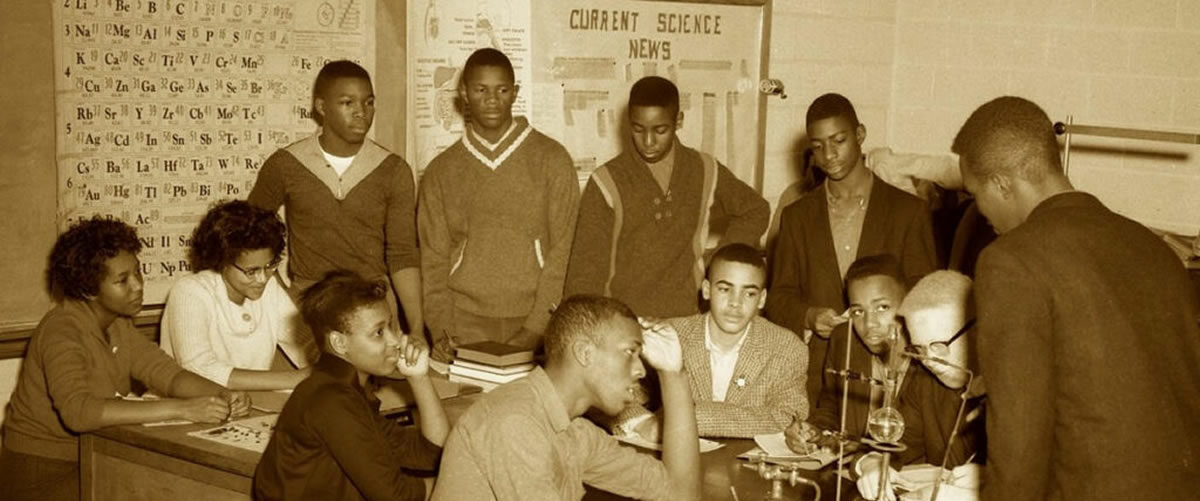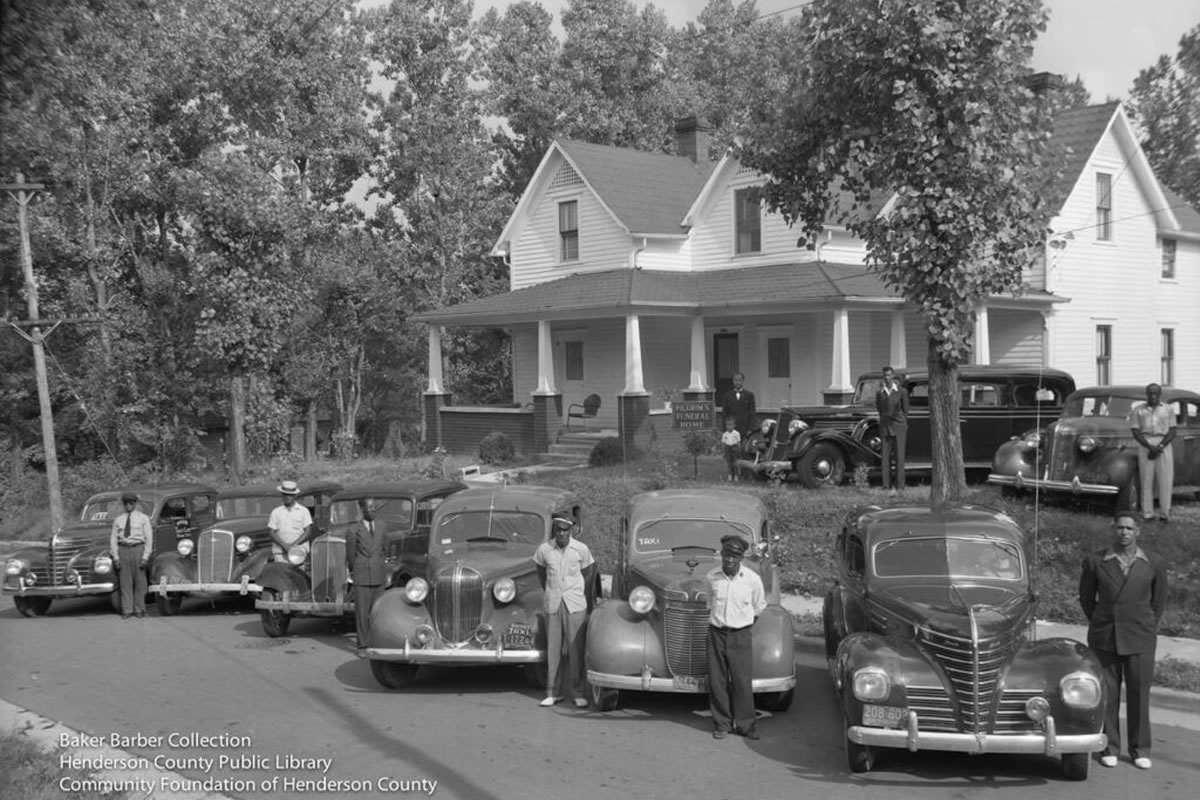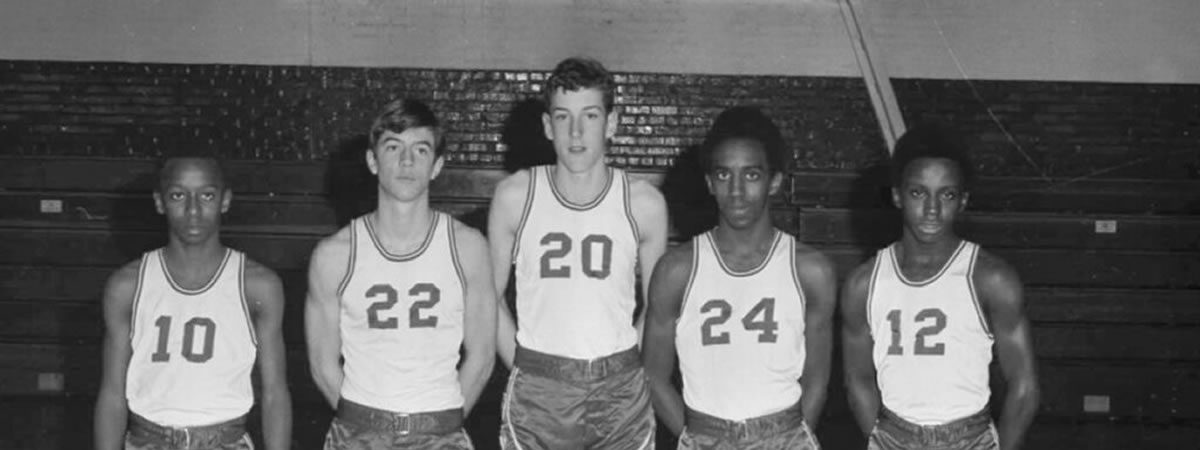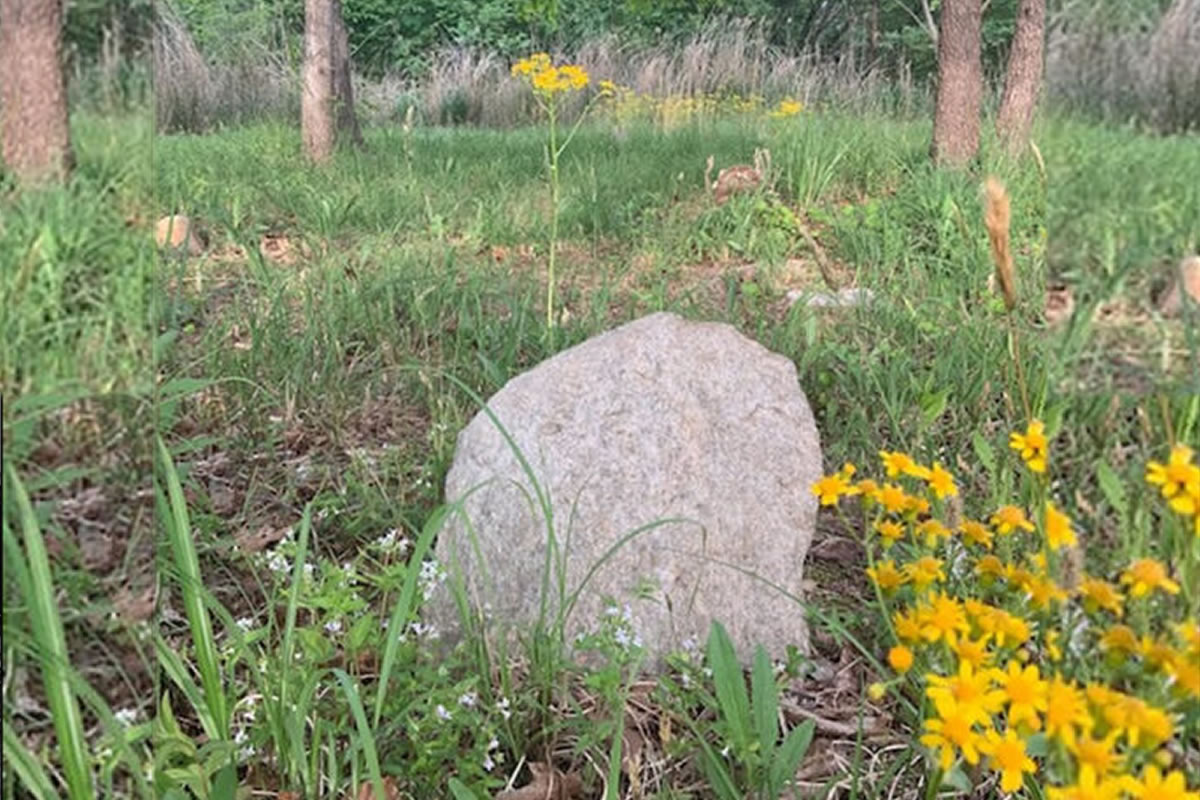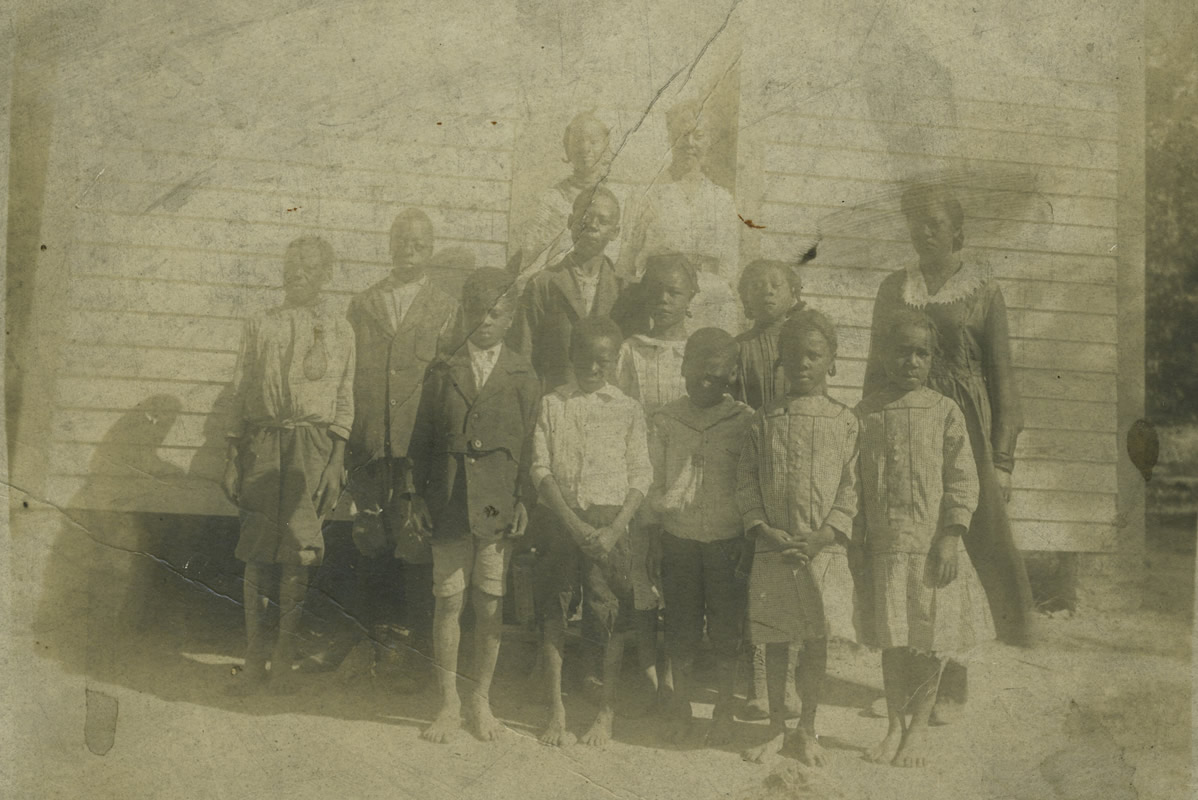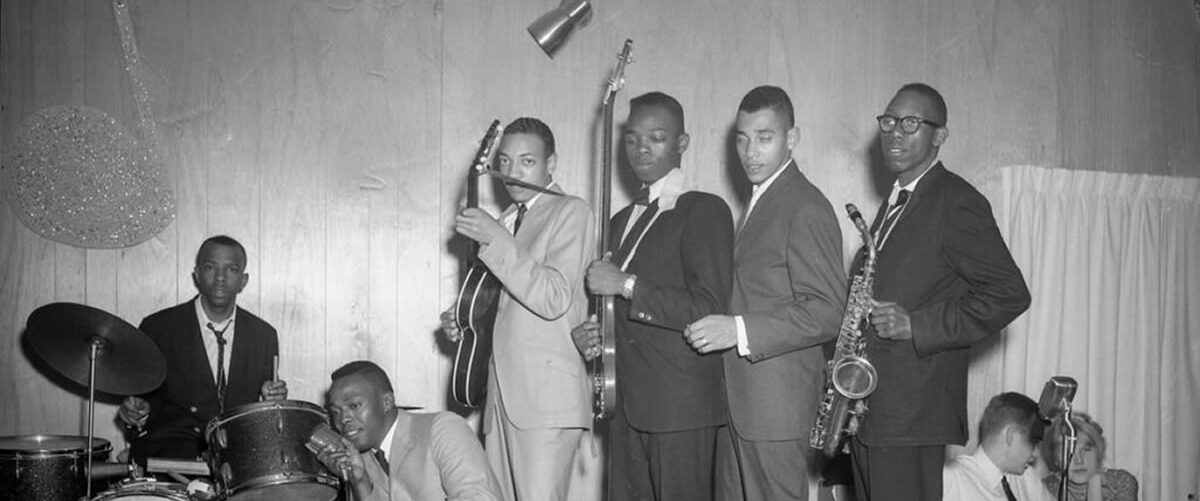An Early Volunteer Fire Fighter in Bat Cave
Although he never learned to read and write, Oscar Avery was proficient in the skills CPR, first aid, and other skills he needed as a volunteer fire fighter. http://hendersonheritage.com/early-leaders-of-fire-department/
